Electrical maintenance is crucial for ensuring the safety and efficiency of a home’s electrical system. Regular maintenance helps prevent electrical failures and extend the lifespan of electrical components. It encompasses a range of activities from simple tasks like replacing light bulbs to more complex procedures like inspecting wiring and circuits. While some maintenance tasks can be safely handled by homeowners with basic knowledge, others require the expertise of a licensed professional. Understanding when you can DIY and when you need to call in a professional is essential for maintaining your system effectively while ensuring safety.
Common DIY Electrical Tasks
Many basic electrical maintenance tasks are well within the reach of a DIY enthusiast. These include replacing light bulbs, installing dimmer switches, or changing out wall plates. Homeowners can also tackle replacing batteries in smoke detectors, resetting circuit breakers, and simple appliance installations such as hooking up a new dishwasher, provided it doesn’t require new wiring. These tasks generally require minimal electrical knowledge and can be performed safely by following manufacturer instructions and basic safety protocols.
Warning Signs Needing Professional Attention
Certain signs indicate the need for professional electrical attention to avoid potential hazards. These include frequent circuit breaker trips, flickering or dimming lights, burning smells from outlets or switches, unusually warm or discolored wall plates, outlets, or switches, and any sparking from electrical connections. Such symptoms may point to more serious issues like faulty wiring or an overloaded system, which can pose significant safety risks if not addressed by a qualified electrician.
Safety First
When dealing with electricity, safety is paramount. Always turn off the main power at the circuit breaker or fuse box before attempting any repairs or maintenance. Use tools with insulated handles and wear rubber-soled shoes to reduce the risk of electrical shock. It’s important to avoid working on electrical tasks in wet areas and to use a voltage tester to confirm that the power is off before starting work. If a task feels out of your depth, it’s better to err on the side of caution and consult a professional.
How to Choose the Right Electrician
Selecting a qualified electrician is critical for ensuring that electrical work is done safely and correctly. Look for licensed professionals with good reviews and a solid reputation. It’s advisable to seek recommendations from friends or family or to check online review platforms. Make sure to verify the electrician’s licensing with your local building department or regulatory authority. Additionally, obtain multiple quotes to ensure you are getting fair pricing, but don’t choose based on price alone—experience and credibility are just as important.
Maintaining Your System
Regular maintenance of your electrical system can prevent emergencies and extend the life of your electrical components. Schedule annual inspections with a licensed electrician to check your home’s electrical distribution system, including outlets, switches, and the breaker panel. Keep an eye on any changes in the system’s performance and address them promptly. DIY maintenance such as keeping dust and debris away from outlets and performing visual inspections of cords and plugs can also help keep your system in top condition. Always keep records of any professional inspections and repairs done, as these can be useful for future troubleshooting and for understanding the long-term needs of your home’s electrical infrastructure.
Contact Define Electrical for all your electrical needs: Contact us now to schedule a consultation!



